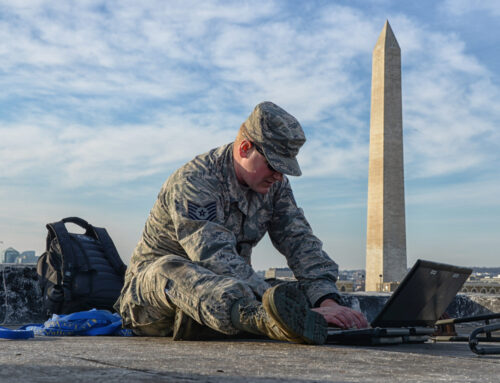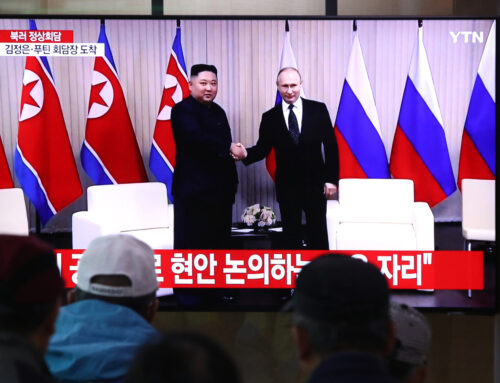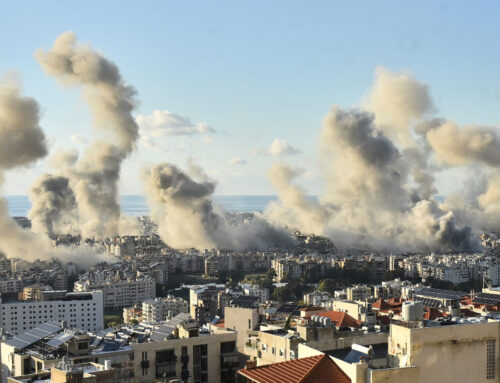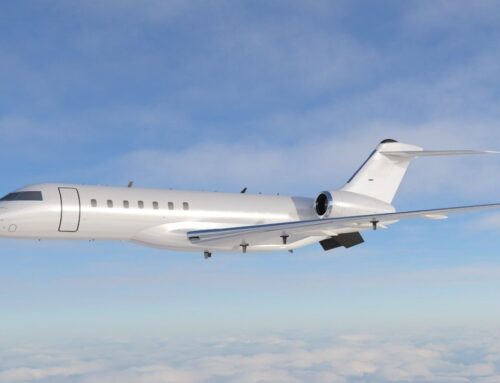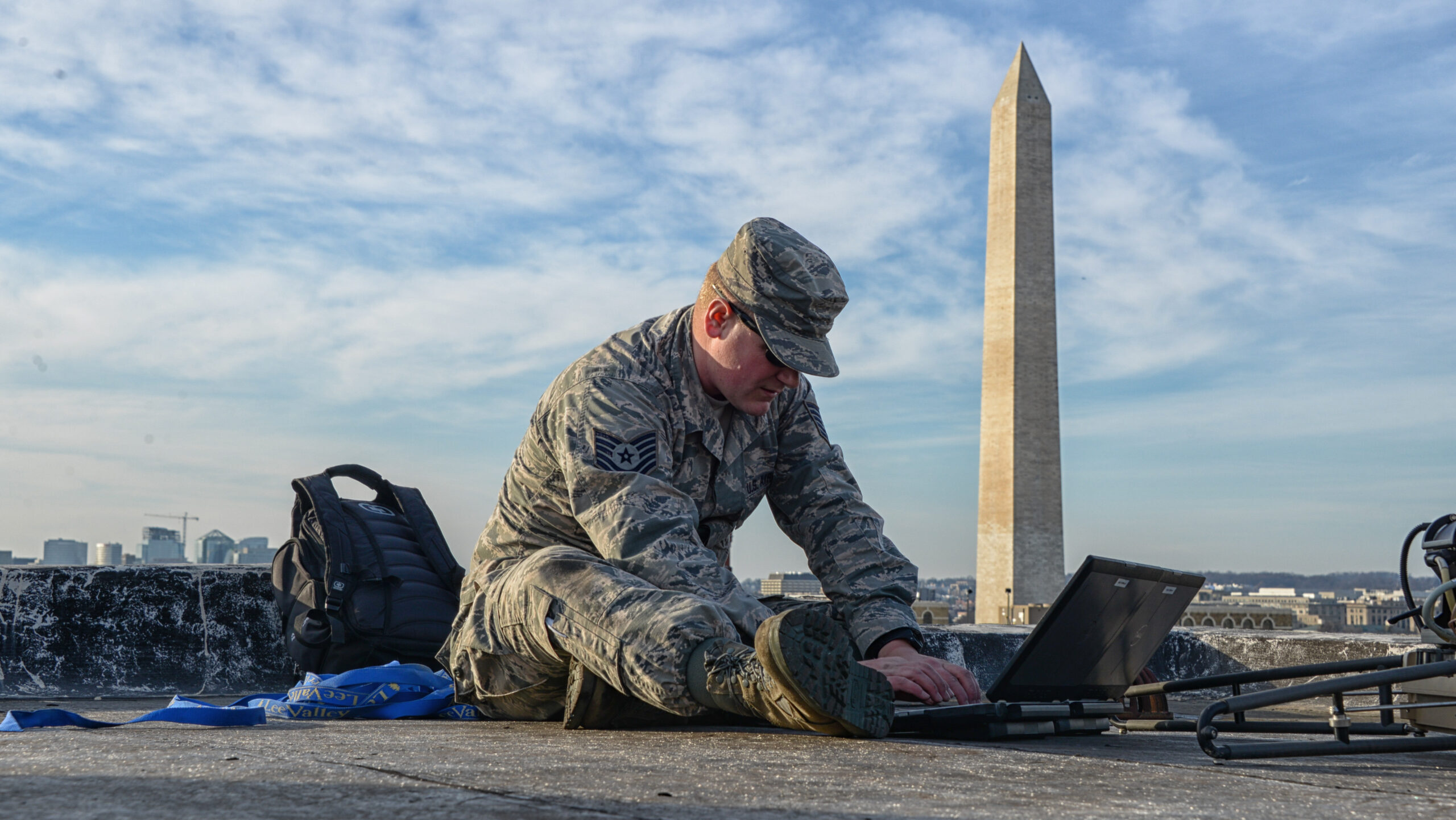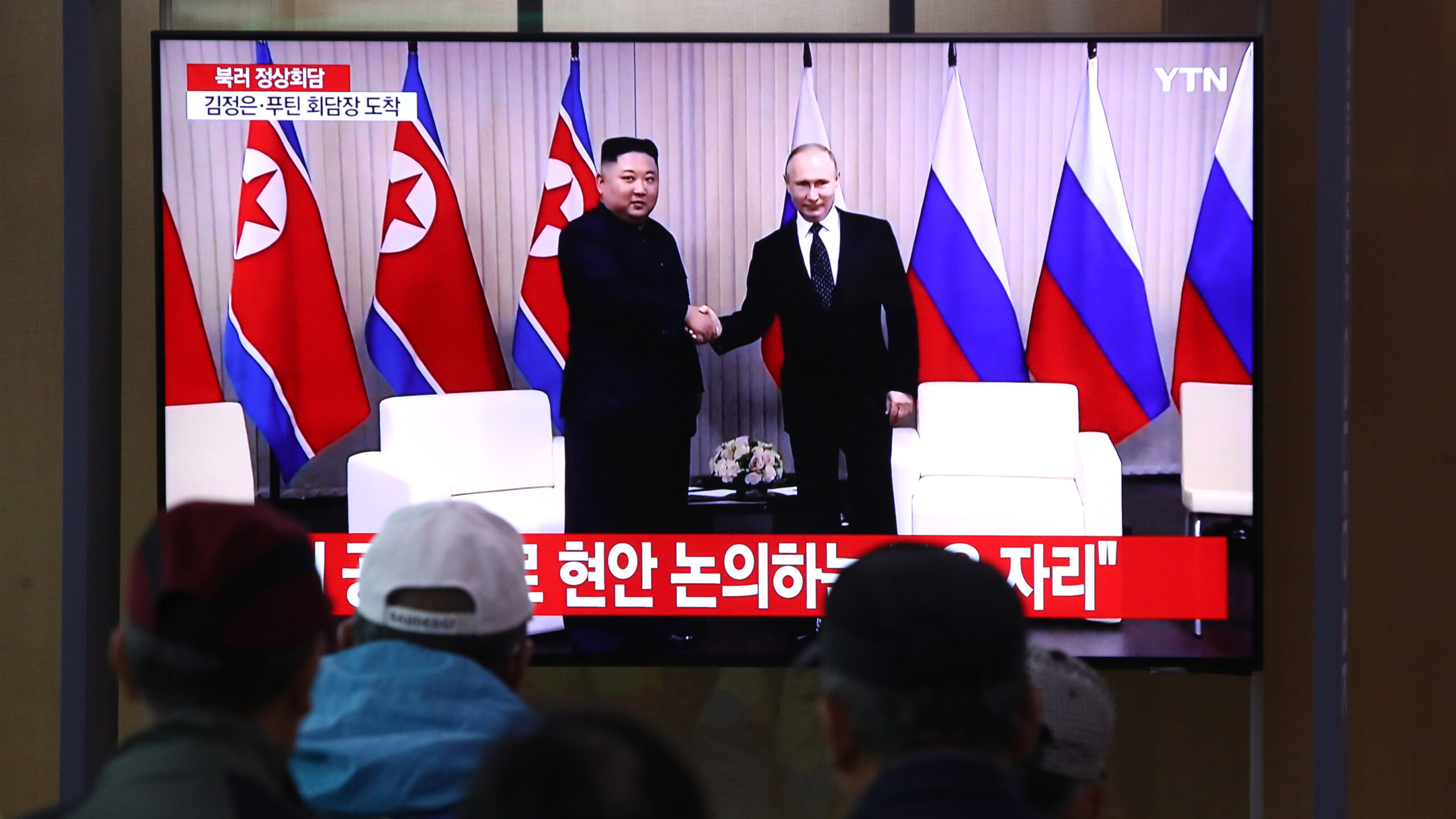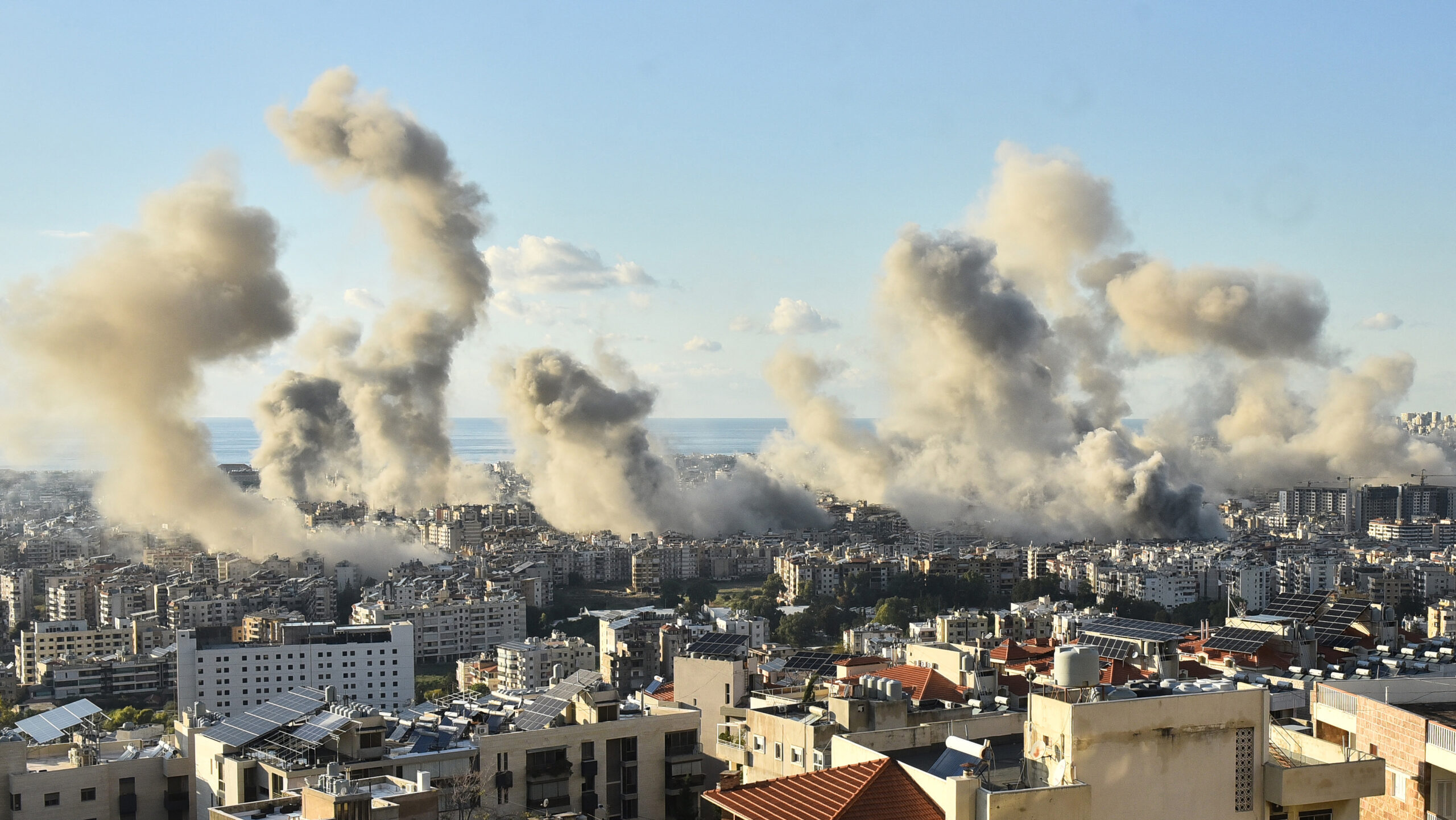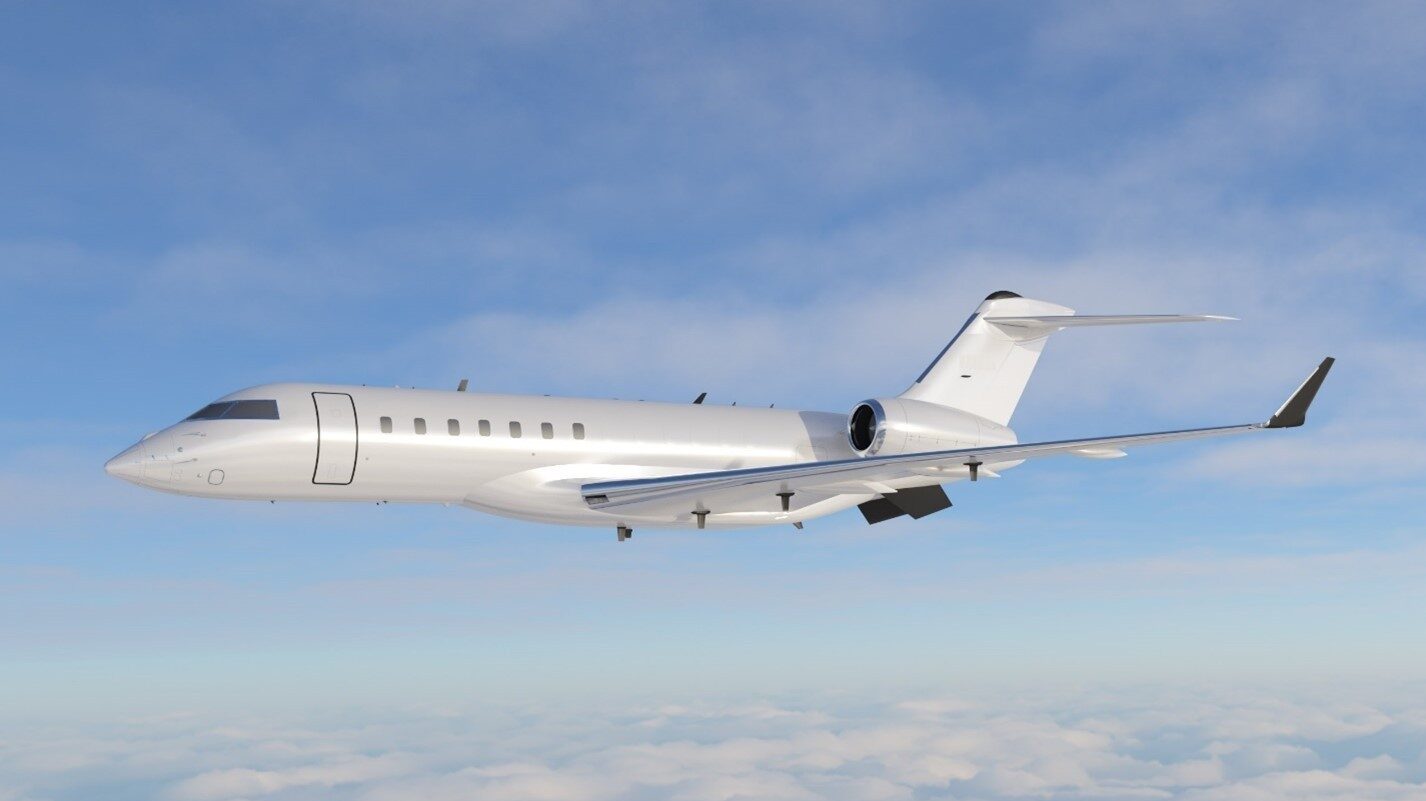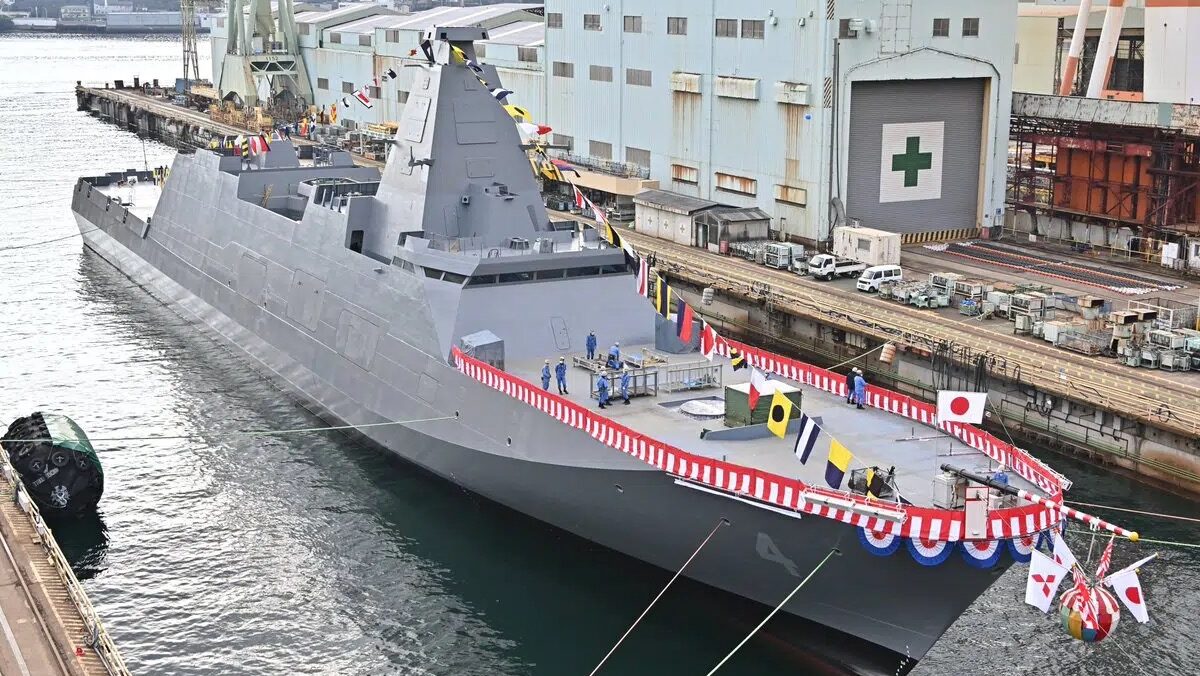A Ukrainian serviceman aims a Stinger air-defense system (MANPADS) during a joint military training exercise near the border with Belarus. (Photo by DIMITAR DILKOFF/AFP via Getty Images)
WASHINGTON — Norway’s top military officer says that supporting Ukraine is his “main priority” for the year, as he warns that without more Western aid, Kyiv is in real danger.
“I’m concerned,” Norwegian Chief of Defense Gen. Eirik Kristoffersen told Breaking Defense during a recent visit to Washington when asked about how he sees the Ukraine conflict in the coming months.
“I said it in January last year: I don’t see short-term military solution in Ukraine,” he said. “I got a lot of pushback on that because we were all eager to make sure that Ukraine was winning in the spring offensive. But I couldn’t see that we were investing enough in in Ukraine, and I still think we’re not investing enough in support. So we need to continue doing that.”
Kristoffersen’s comments came before last Monday’s announcement of a new security agreement between Norway and Ukraine. Under the agreement, which will be formally signed at a later date, Oslo pledged to provide “long-term military, political, financial, and humanitarian support to Ukraine,” according to a statement from Foreign Minister Espen Barth Eide.
RELATED: Norway’s air defense priorities: Volume first, then long-range capabilities
While little detail accompanied that agreement, Kristoffersen indicated one area Norway would potentially help: “I have said, and I still say, that air defense is the most crucial [capability] for Ukraine right now.”
The CHOD said that he is “impressed” by what Ukraine has managed to do, especially as it has been short-handed the last six months in terms of weapons to throw at the Russians. (That is expected to change somewhat in the near-future, with the US Senate expected in the next 48 hours to pass the long-awaited Ukraine funding supplemental and the Pentagon pledging to send more armaments quickly.)
Kristoffersen specifically called out what Ukraine has managed to do on the Black Sea without a navy of its own.
But, he warned, Russia’s own military is improving at a faster rate than he expected, in part because Russia has “basically moved into a war economy” and is now able to produce weapons at higher rates than in 2023.
“I have more sense of urgency in 2024 than I had in 2023” about how quickly Russia can rearm its military, he said. “The modernized, or the rebuilt, Russian force is closer to us now than I would say one year ago — based also on what they are receiving from Iran, from North Korea, and how they have been able to basically not have sanctions have the effect that I expected them to have had you asked me last year.”
Doctrinally, Russia is also finally catching up to the lessons from its failed 2022 invasion, Kristoffersen warned.
“They have these lessons learned that they’re using. I think it took them some more time. I think the Ukrainians are much more innovative in the beginning. But if you have a very hierarchical system, once you have learned some lessons learned that you actually want to implement, they can do it fast,” he said. “So if they [decide to] move from manned to unmanned systems in one area, then when they decide to do it, it will go fast.”



